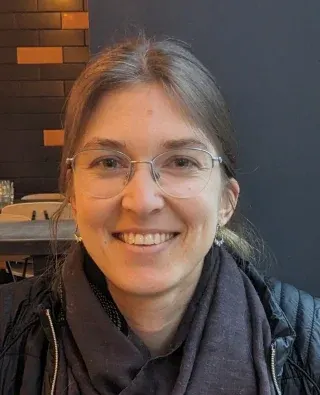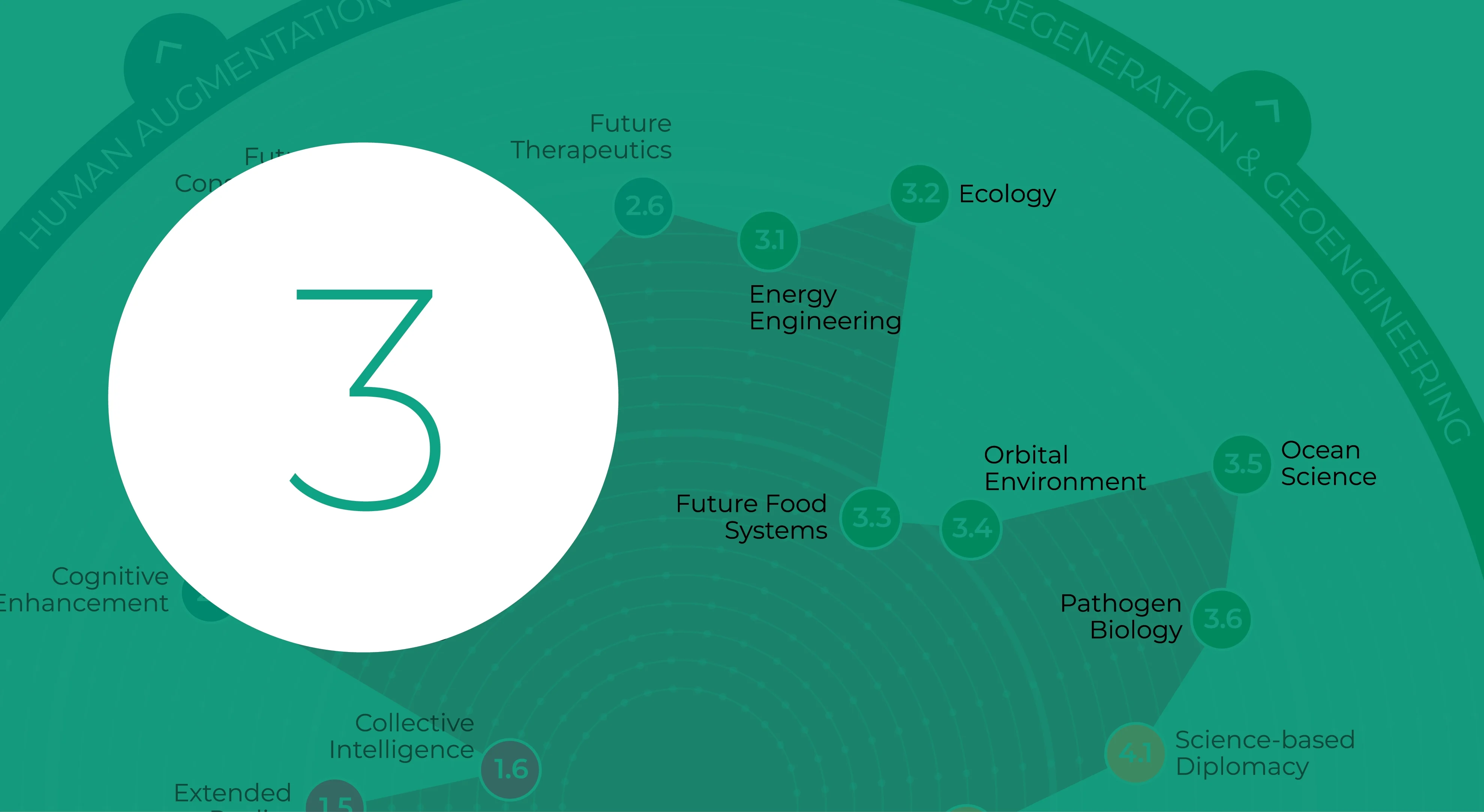Overview Understanding the mechanisms of microbial ecology and evolution
I want to understand how complex behaviour of populations is determined by interactions between individuals. My research combines various experimental and modelling approaches to investigate how mobile genetic elements, like plasmids and bacteriophages, spread through a bacterial population. By first learning about the interaction mechanisms between mobile genetic elements and bacterial cells, I aim to improve our ability to predict long-term population behaviour.
The current focus of my work lies on the intracellular interactions between phages and their bacterial host cells. Phages rely on bacterial functions to produce proteins and to replicate themselves. Particularly, most phages need to produce lysis proteins to break open bacterial cells and release new phages. I am exploring how lysis efficiency is affected by genetic and environmental factors. Understanding phage lysis of bacterial cells is not only important for predicting bacteria-phage ecology and evolution but is also crucial for using phages as therapeutics against antibiotic-resistant bacteria.
Biography I come from a theoretical background in Mathematics (BSc) and Biomedical Engineering (MSc) but I felt that true understanding of any system requires a combination of mathematical analysis and experimental verification. Therefore, I did an empirically driven PhD on the evolution of gene regulation in microbes at IST Austria with Calin Guet and Jon Bollback. During my postdoc at ETH Zurich with Roland Regoes and Sebastian Bonhoeffer, I combined experimental and mathematical approaches to investigate bacterial resistance evolution and the spread of mobile genetic elements. I am currently a Wellcome Trust ECA Fellow at the University of Manchester, deepening my work on the interactions and dynamics of mobile genetic elements with their bacterial hosts.





